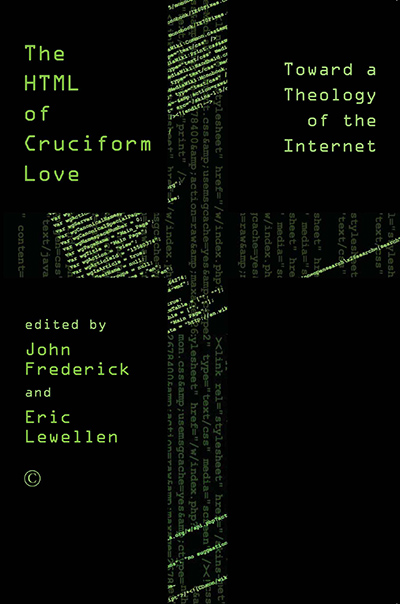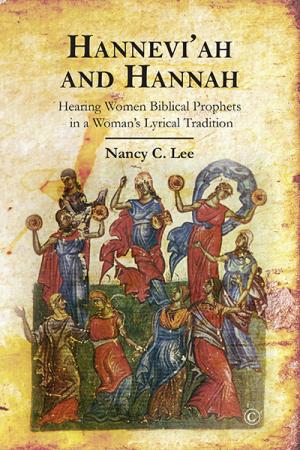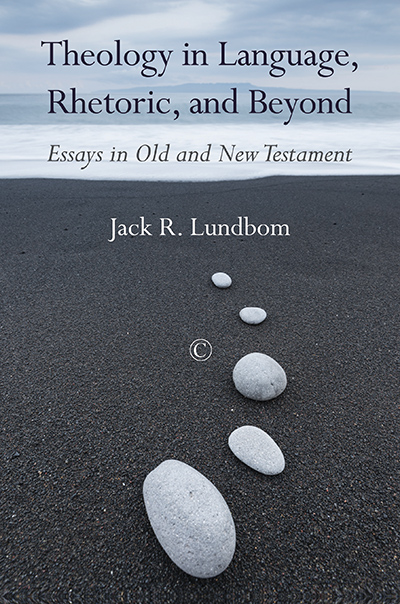Description
The writings of Scottish Reformed theologian Thomas F. Torrance suggest that Christian assumptions in the areas of God, creation, and humanity have had an important influence on the development of Western scientific culture. Persons, Powers and Pluralities develops each of these areas to articulate a theology of culture rooted in a Christian understanding of God as triune, creation as contingent, and human beings created in the image of God. Drawn together, these three strands suggest that human culture and cultural plurality ultimately originate in the creative action of a God who constitutes a trinity in unity.
Flett develops a theology of culture that is equally Trinitarian in nature and harmonious with, yet an extension to, Torrance’s overall thesis. The result is not only a unique contribution to the emerging secondary material on Torrance’s work, but a contribution in its own right to the field of theology of culture.
About the Author
Eric Flett is Associate Professor of Theology and Culture at Eastern University, St Davids, Pennsylvania.
Contents
Acknowledgments
Introduction
1. Torrance’s Doctrine of God: The Triune Creator
2. Torrance’s Doctrine of Creation I: Order as Contingent
3. Torrance’s Doctrine of Creation II: Order as Redeemed
4. Torrance’s Doctrine of Humanity: Priests of Creation, Mediators of Order
5. Torrance’s Theology of Culture: A Social Coefficient of Knowledge
6. Toward a Trinitarian Theology of Culture: Persons, Powers, and Pluralities
Appendix: Project Outline
Bibliography
Endorsements and Reviews
Persons, Powers, and Pluralities provides a clear and compelling case for developing a theology of culture in conversation with the work of T.F. Torrance. This volume is a must read for those engaged in the discipline of theology of culture and is a fitting introduction to the great Scottish theologian’s Trinitarian vision. Far from subverting the created order and human culture, we find here the celebration of creation and culture in and through the triune God’s personal and dynamic engagement of the world.
Paul Louis Metzger, Professor of Christian Theology & Theology of Culture, Multnomah Biblical Seminary
… this book is suitable for those student interested in the socio-historical impact of Christian theology.
Alessandro Giostra, in Reviews in Religion and Theology, Vol 20, Issue 1
Flett’s book offers a fine introduction to T. F. Torrance’s doctrine of God and theological anthropology, and proposes an insightful reconstruction of Torrance’s theology of culture that will prove illuminating for students.
Robert Leigh, in Theology, Vol 116, No 3
We applaud Flett for his multicultural and anti-colonial sensitivity that pervades his robust onto-theology and accentuates its integrity and intended witness respecting its transcendent object. This book offers a resourceful example of what intellectual rigour, confessional dignity, and interdisciplinary sensibility Torrance’s vision can bring to the self-reflection of churches and our dialogue with social sciences.
Alfred H. Yuen, in Journal of Theological Studies, Vol 64, No 1
… with a thorough investigation of Torrance’s writings, and due to a painstaking attempt to bring Torrance into dialogue with contemporary theories of culture, Flett’s study significantly contributes to enriching theological discussions on culture and to deepening our understanding of Torrance’s thought alike.
Jinhyok Kim, in The Expository Times, Vol 124, No 9
Dr Flett takes his readers step-by-step through a magnificently constructed theological vision, making it attractive and appealing as he goes along. … it is a very illuminating and at times even quite exciting study.
Gerald Bray, in Churchman, Vol 127 (3)
Flett develops a theology of culture that is equally Trinitarian in nature and harmonious with, yet an extension to, Torrance’s overall thesis. The result is not only a unique contribution to the emerging secondary material on Torrance’s work, but a contribution in its own right to the field of theology of culture.
Theological Book Review, Vol 26, No 1





